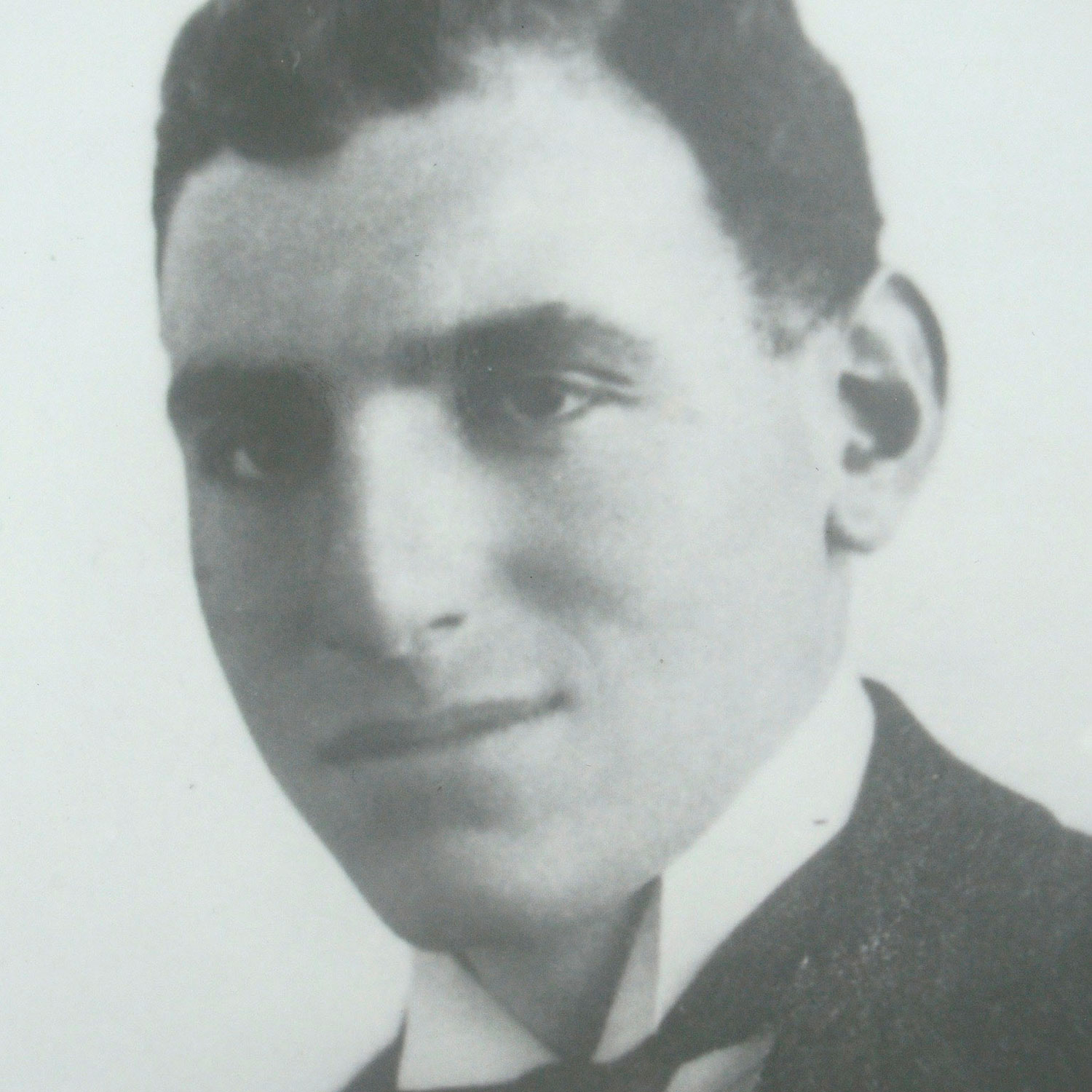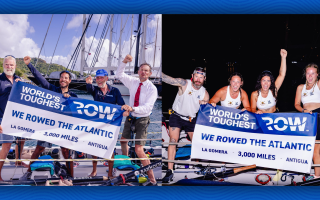Medals belonging to First World War flying ace to be auctioned
Medals awarded to a British First World War flying ace who shot down 13 enemy aircraft are to be auctioned off next month.
They were awarded to Captain Solomon Joseph of the Royal Naval Air Service, who went on to join the Royal Air Force when it was established in 1918.
Mark Quayle, a medal specialist and associate director at auctioneer Noonans, said: "Joseph was a 'gung-ho' pilot whose aggressive flying style and skill accounted for at least 13 aerial victories over the Western Front between May and October 1918.
- 'Even if it's worth two million... we won't part with it' – Victoria Cross worth £250,000 features on Antiques Roadshow
- Fully restored Spitfire that shot down Focke-Wulf 190 fails to sell at auction
- 'None of the boys... suffered': The WW2 letter written to comfort a grieving mother to be sold at auction
"He was no stranger to taking risks and was wounded in aerial combat and nearly shot down on many occasions."
His medals – a Distinguished Flying Cross, second award bar, an American First World War Victory Medal and a British War Medal – are being sold by a private collector by Noonans Mayfair on 13 October, with an estimate of between £15,000 and £18,000.
Capt Joseph was born to a fine art dealer in Birmingham in April 1893, living on Speedwell Road in Edgbaston.

Joining the Royal Naval Air Service in August 1917, he trained at Crystal Palace before being sent to the British Flying School at Vendome in France.
He was posted to Dunkirk on 16 February 1918 and flew Sopwith Camels from various bases until 28 November 1918, after the war had ended.
His Distinguished Flying Cross, one of about 65 to be issued during the conflict, was awarded in September 1918 when he was a Lieutenant.
The London Gazette said: "A gallant pilot who has accounted for eight enemy aircraft within the past four months.
"On many occasions the enemy were numerically superior to Lieutenant Joseph's patrol, but this did not prevent his attaining success."
His second award bar came less than two months later, with The London Gazette saying: "A very gallant and skilful officer.
"He led his formation under a large force of enemy aircraft with a view to inducing them to descend to attack him."
Following the war, Capt Joseph began a manufacturing career in his home city, where he died in March 1966.
Bidding information can be found on the Noonans website.









